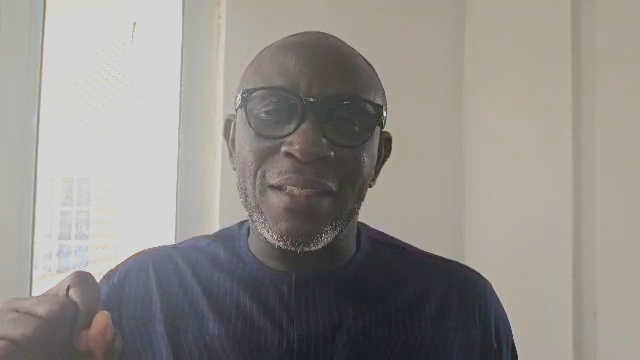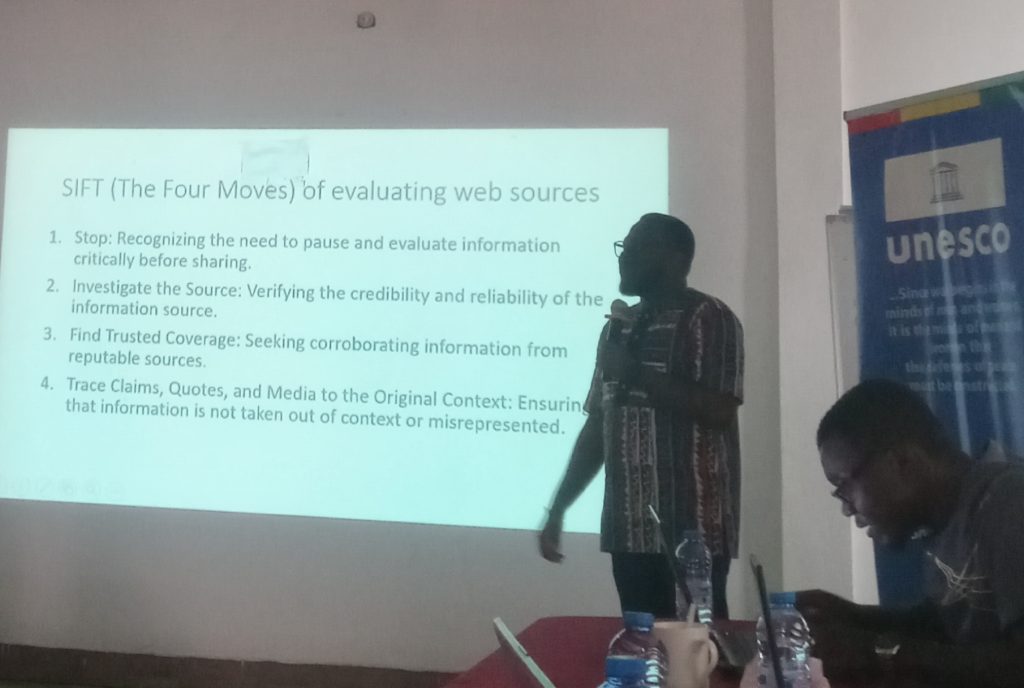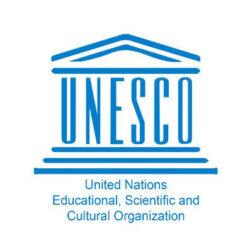UNESCO engages GJA, NMC, judiciary and police service on safety of journalists in Ghana ahead of 2024 elections
The United Nations Educational, Scientific and Cultural Organization (UNESCO) has initiated a process with the Ghana Journalists Association (GJA), National Media Commission (NMC) and the Ghana Police Service to put in place a monitoring mechanism and early warning system to protect journalists in the upcoming general elections in Ghana.
Journalists covering elections, it said, must go back safely from the field without assaults or threats. As part of UNESCO’s effort, it has started work with the Ghana judiciary to ensure that whoever assaults and threatens journalists face the law with an expeditious trail.
UNESCO’s Program Officer, Mr Hamid Yakub told Zaa News on the sidelines of training journalists in Tamale that without prosecution of journalist’s beaters or attackers, there would be impunity which is dangerous for the country’s democracy.

UNESCO has been at the forefront of safety journalists and is demanding that attacks on media practitioners stop. Ahead of December 7,2024 elections, UNESCO commenced training on journalists from print, online, TV and radio in Accra, Kumasi and Tamale for Northern zone to update them on the international norms and standards on freedom of expression and also to sensitized them on hate speech and its impact during election period.
He entreated media practitioners to be circumspect and vigilante about information they put out, especially during elections. He also reminded journalists of the need to ensure that online abuse of women does not find space in their platforms.
Mr Hamid urged journalists to encourage more women participation in elections. According to him, misinformation and deformation continue to be the online tools used by males against women in the world.
attacks on Women journalists
UNESCO’s global survey on violence against women journalists Mr Hamid said shows that, 73% of women journalists who responded had experienced online violence in the course of their work.
Twenty-five percent (25%) had received threats of physical violence while 18% had been threatened with sexual violence. Twenty percent 20% the survey revealed, reported being attacked offline in connection with online violence they had experienced.
The phenomenon, the survey revealed, affects female journalists, professionally and personally. Thirty percent of those participating in the UNESCO-ICFJ survey Mr Hamid said they were self-censor as a result of the abuse, and 26% reported impacts on their mental health. The report is a gender-disaggregated analysis of the 714 women-identifying respondents.
Head of the Department (HoD), of Liberal Arts and Communication Studies (LACS), at the Ghana Institute of Management and Public Administration (GIMPA), Dr Wilberforce S. Dzisah took the journalists through UNESCO’s mandate and international standards, why the media should not be using the term” fake news” but false information.
Dr Dzisah reminded the journalists about the dangers of misinformation, disinformation and mal information and the need for them to ensure that their gatekeeping roles are applied.
Mr Ismail Nii Akwei who took participants through social media and artificial intelligence (AI), big data and machine learning, impact and electoral process.

He also took participants through hate speech and its impact on electoral process, the rabat plan of action on the prohibition of incitement to national, racial or religious hatred that constitutes discrimination, hostilities or violence.


